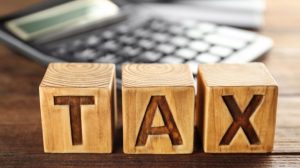The $3 Million Super Tax
Key points
- The new tax is still subject to legislative passage with a stated start date of 1 July 2025
- It will mean an additional tax of 15% will apply to investment earnings of a member whose super balance is above $3 million at the end of the financial year
- Individuals with large super balances should plan ahead if the new tax is implemented as currently proposed
Legislation
Further to previous announcements, legislation to implement the new 15% tax on earnings on superannuation account balances above $3m has passed the House of Representatives and is currently in the Senate.
It remains uncertain whether this legislation will ultimately become law.
The main pain points
- The method for calculating ‘earnings’ on which the new tax will apply remains based on the movement in a member’s superannuation balance across a year – meaning the new tax will be applied to unrealised increases in asset values
- The $3m total super balance threshold will not be indexed or adjusted for inflation over time
- Negative earnings will not give rise to a tax refund, instead the loss can be carried forward and only used to reduce tax liability in the future
- The new tax will be assessed to the individual not the superfund, however there is an option to pay the tax personally or elect for the superfund to pay
3 Step Process to calculate Div 296 Tax:
1. Determine Division 296 Earnings by:
2. Determine the Proportion of Earnings over $3 million (to which the tax will be applied):
3. Application of the tax rate:
How it actually works:
The example shows an individual with total super balances as listed in the table below, who withdraws $100,000 pension and makes concessional contributions of $30,000 in 2026 financial year.
Based on these considerations, the individual would expect to receive a Div296 tax of $43,088:
Conclusion
Any restructure decisions should wait until the final tax design is known. However, for
individuals with large super balances, it is worth considering what the strategy might be if the
new tax becomes law.
Author
May Aung





